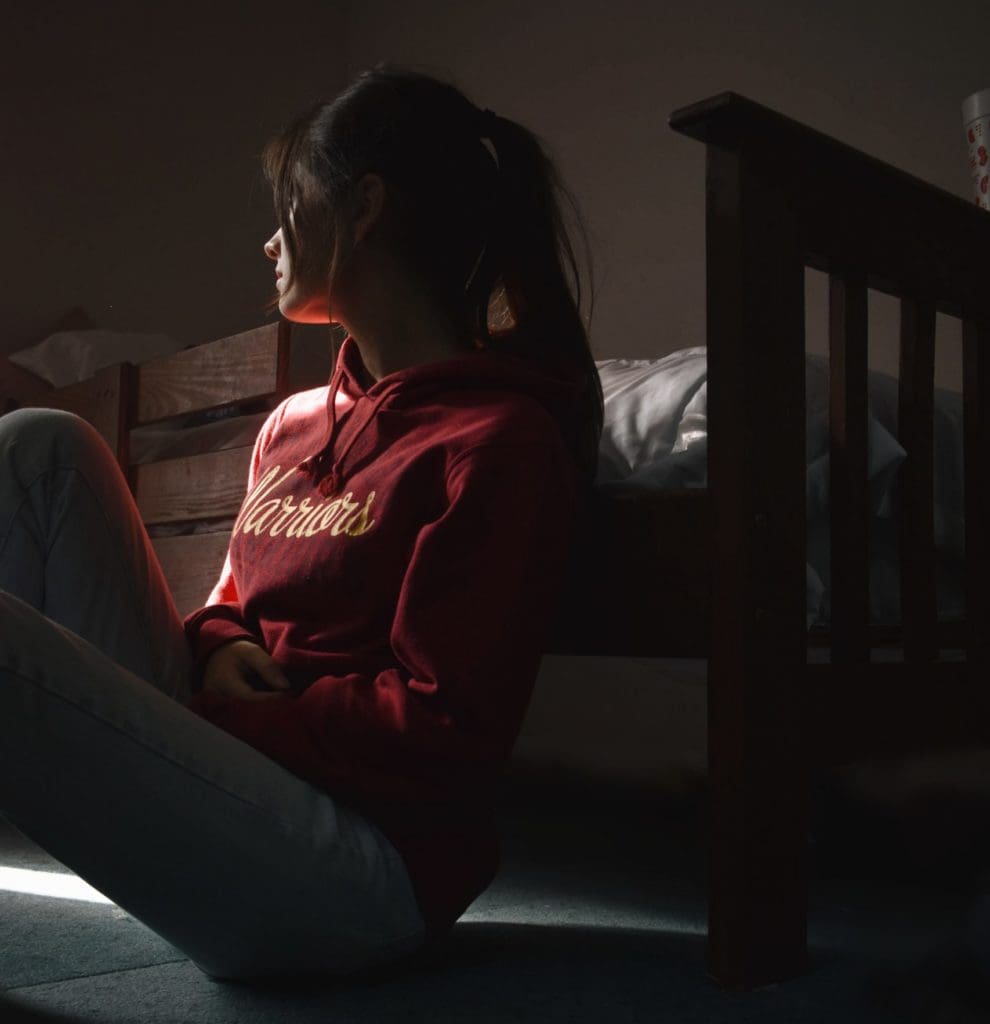
How to Prepare For Seasonal Depression
While many people will often refer to “depression” as a general term, there are actually several types of depression. Seasonal depression is a type of depression that typically affects people more during the fall and winter months when there is less sunlight. If you experience seasonal depression, it’s helpful to begin preparing and planning ways to take care of yourself.
Spend Time Outside
Since seasonal depression is largely tied to the lack of sunlight during the winter months, you need to prioritize spending time outdoors. Sun exposure benefits your body in several ways. It balances your melatonin levels so you can get adequate sleep. It also increases your vitamin D and serotonin levels. During the winter, find reasons to go outside every day. You can exercise outside, go on walks, or simply sit outside in the sun. Many people have found that simply being in the sun helps to relieve the symptoms of their seasonal depression.
Take Care of Your Body
No matter the type of depression you suffer from, certain healthy habits are bound to help you improve your symptoms. Eating a balanced diet that includes fruits, vegetables, whole grains, and lean proteins gives your body the nutrients it needs in order to function well. It’s also important to get adequate exercise each day. Generally, 30 minutes of moderate exercise is sufficient. Exercise releases endorphins which help to improve your mood and exercise as a whole strengthens your body. Lastly, you need to make sure you’re getting plenty of sleep. During sleep, your body recharges and recovers from the day. Getting 7-8 hours of sleep each night should be your goal.
Try Light Therapy
Going outside in the sun is a great way to improve your seasonal depression symptoms. However, you can also use light therapy as a treatment or to supplement your time outside. Light therapy uses bright lights that simulate sunlight. Exposure to these lights helps improve mood. Typically, you only need to sit in front of this light (without staring directly at it) for 30-45 minutes a day. Consistent use of light therapy can improve your symptoms throughout the winter.
Dealing with depression can make many daily activities significantly harder. While seasonal depression is still a challenge, you do have the benefit of anticipating it. You can take time to prepare for the winter and make a plan for how you’ll address your symptoms.
Understanding more about depression can help you deal with your own situation. Click here to learn more about depression and explore the benefits of TMS therapy as a treatment.
